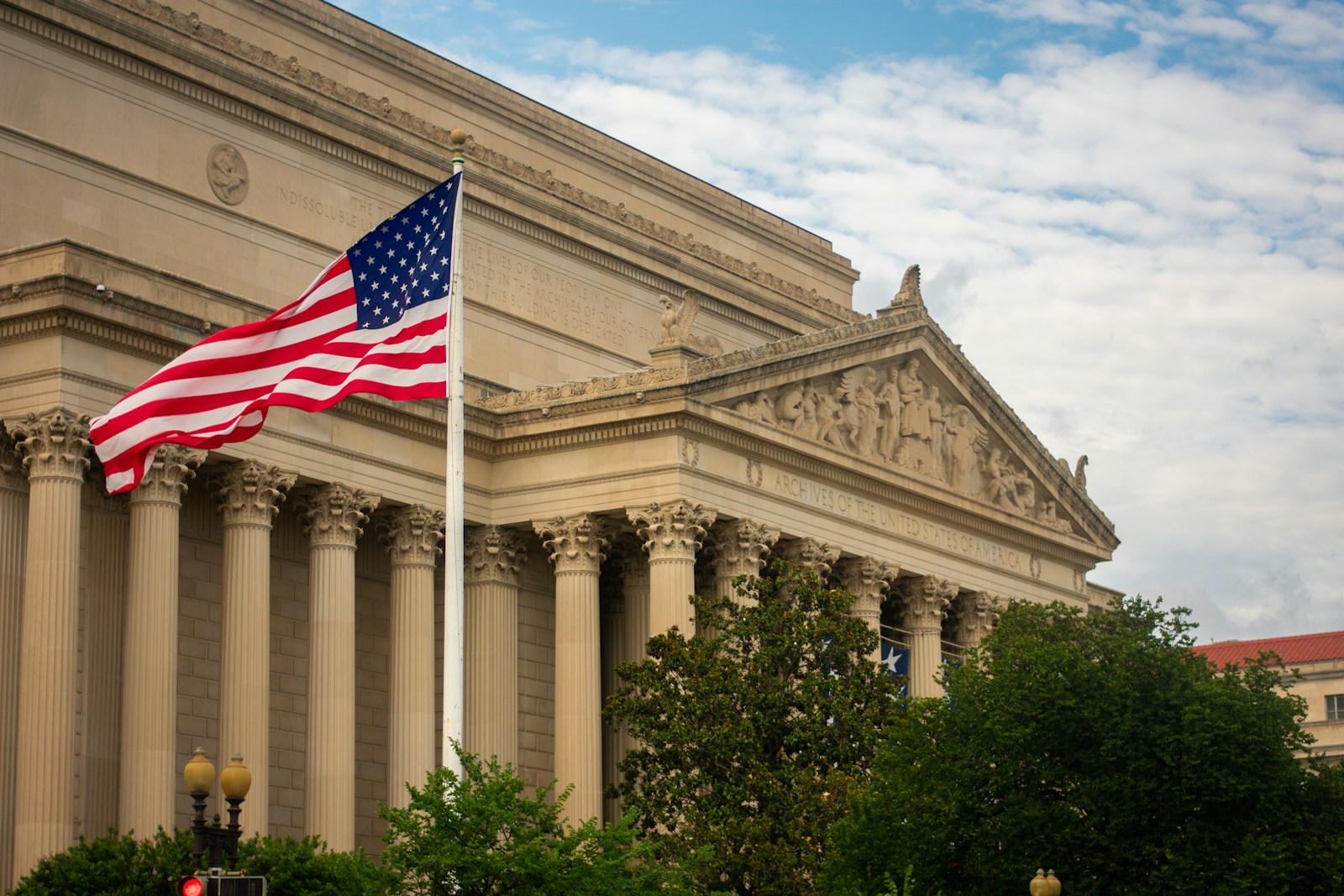Key Takeaways
– A third whistleblower has come forward against Emil Bove
– Bove urged ignoring court rulings on immigration cases
– First whistleblower provided texts and emails before Bove’s hearing
– Senate Republicans blocked questions with a made up privilege claim
– Democrats walked out of the committee vote in protest
Emil Bove Nominated for Appeals Court
Emil Bove once served as a top official at the Justice Department. He now awaits a judgeship on the Court of Appeals. His nomination hit a major snag when whistleblowers spoke up. They say he pushed the administration to ignore court orders.
Whistleblowers Speak Out
In total three whistleblowers have come forward. Each offers a different view of Bove’s actions. The first was Erez Reuveni. He shared an affidavit along with texts and emails. His evidence arrived just before Bove’s confirmation hearing.
Soon after, a second person stepped forward. Last week this whistleblower added new details. Then on Monday a third whistleblower joined the case. This third person directly contradicts what Bove said under oath.
Evidentiary Review and Confidentiality
Independent reporters reviewed the whistleblowers’ materials. They agreed to hide details to protect identities. Lawyers spoke on condition of anonymity. They fear retribution if their names appear.
All three whistleblowers claim Bove told staff to ignore a judge’s rulings. He allegedly said ignoring court orders would help efforts to deport millions.
Contradictions in Testimony
The new whistleblower offers yet another version of events. Their account clashes with Bove’s sworn statements before the Senate Judiciary Committee. This contradiction raises key questions about his truthfulness.
Privilege Claim Blocks Questions
During the hearing, Senate Judiciary Chairman introduced a strange rule. He claimed that everything Bove said at the Justice Department fell under a new type of privilege. Critics called this made up. They noted that Congress never approved such a privilege.
A Top Democrat Reacts
A senator objected strongly. He called the privilege claim a stunning breach of duty. He demanded clear rules on when privilege applies. Yet the chairman ignored these concerns and moved on.
Democrats Walk Out
Tensions peaked at the committee vote. Democrats refused to remain in the room. They walked out as Bove’s nomination came to a vote. Their protest underscored deep frustration with the process.
What Comes Next
Bove’s nomination now heads to the full Senate. Lawmakers will weigh the whistleblower claims. They must decide if Bove should serve on the appeals court. Senators will also debate whether privilege rules shield him from tough questions.
Key Questions for Senators
– Did Bove act improperly when he urged ignoring court orders
– Are the whistleblowers credible witnesses
– Should a made up privilege block key testimony
Impact on the Justice Department
If confirmed, Bove could shape major legal battles for years. Appeals court judges decide important issues. Their rulings influence immigration law, civil rights, and more.
Meanwhile, the Justice Department must address whistleblower claims. Leaders must show that court orders are respected. They must also protect those who raise concerns.
Reactions from Both Parties
Republicans largely back Bove. They argue he has strong legal credentials. They say whistleblowers are biased. However, their critics call the nomination process unfair.
Democrats urge a full review of the evidence. They worry Bove would side with political aims over the rule of law. They insist that no official is above court orders.
Why Whistleblowers Matter
Whistleblowers play a key role in holding power to account. Their reports can expose wrongdoing. They can stop abuses before they become widespread.
In this case, whistleblowers aim to show that ignoring court orders undermines judicial authority. Courts exist to check government power. Bove’s critics say his advice threatened that balance.
The Path Ahead
As the Senate debates, pressure will build on both sides. Some senators may demand more documents. Others might call for an open hearing with the whistleblowers. Meanwhile, interest groups and the public will watch closely.
A final confirmation vote could determine Bove’s fate. It could also set new norms on how privilege works in the Justice Department.
Lessons for Future Nominations
This controversy highlights key lessons. First, whistleblower protections are vital. Officials need safe channels to report concerns. Second, transparency matters. Senators and the public need clear rules on privilege. Third, judges must be above politics. Any hint of bias can erode trust in the courts.
In the weeks ahead, senators will parse every detail. They will weigh evidence, witness credibility, and legal standards. Their vote will decide whether Emil Bove earns a seat on the appeals court or becomes a cautionary tale about mixing politics with justice.
